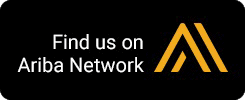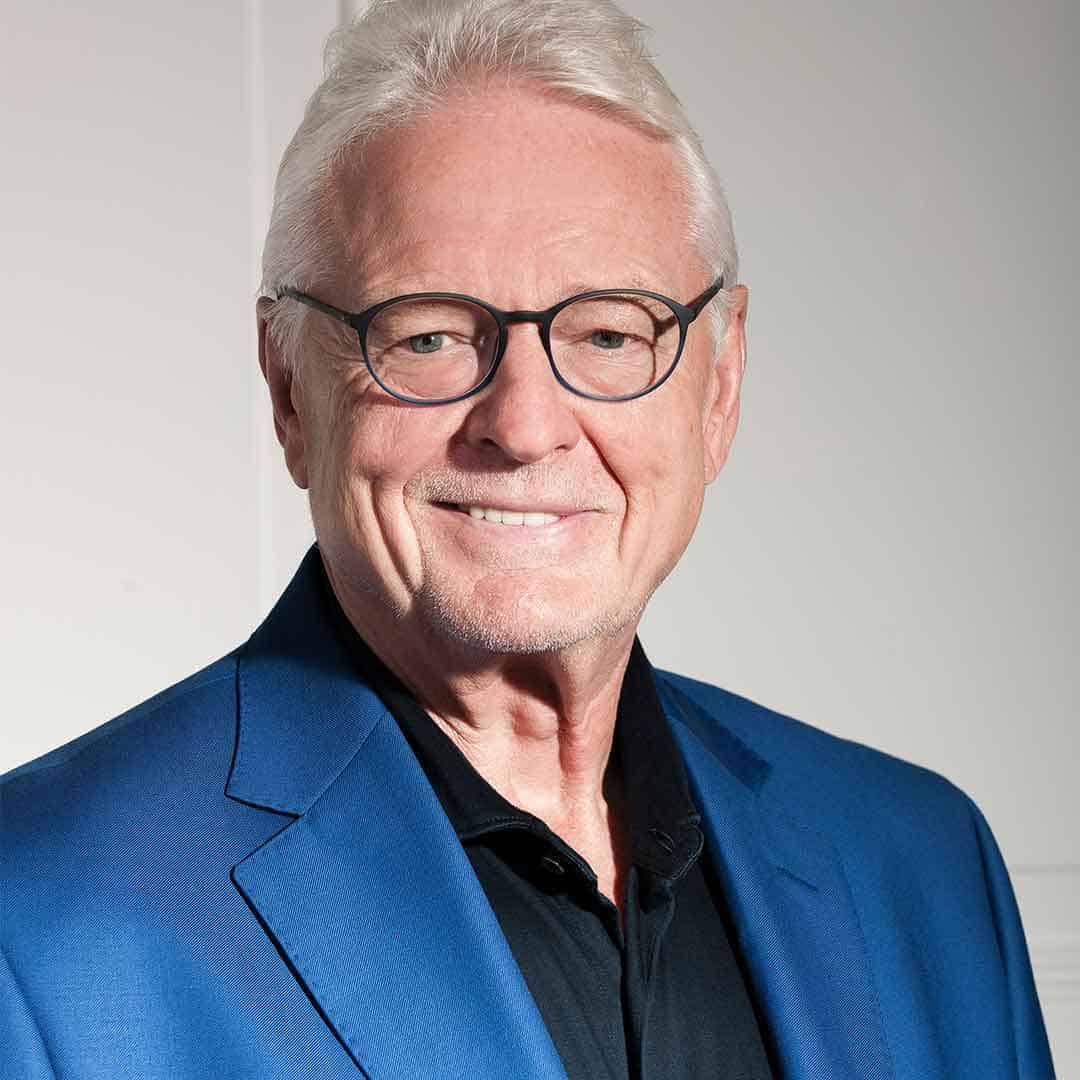General questions
Abbreviations and technical terms related
to V-LINE services can be found here
What is Cross Border Supply?
Supply where buying plant’s destination country and sellers country of origin are in different trade regulatory regimes and different business cultural environments. V-LINE is catering the needs of companies on four continents.
What are Genuine Parts?
Genuine parts are the exact parts provided in original plant construction and in original equipment, or same brand successor parts. They are provided by OEMs and OPMs. Inventory Optimization refers to stocking decision-making and actions resulting in a decrease of inventory buildup while at the same time sustaining or increasing maintenance crew inventory parts delivery service.
What is Inventory Optimization?
Inventory Optimization refers to stocking decision-making and actions resulting in a decrease of inventory build up while at the same time sustaining or increasing maintenance crew inventory parts delivery service.
What is Maintenance, repair, and operations indirect spend?
In analyzing procurement activity of organizations in the manufacturing or process industries, the total spend is often classified into two main categories: Indirect and Direct spend. Some analyses break out Capital Spend as a 3rd category. MRO Spend is a sub-category of Indirect Spend, referring to purchases of products, services and supplies for plant, facility and production equipment maintenance, repair and operations. Direct spend refers to purchases of materials and services that are directly incorporated into a product being manufactured for sale. Examples include raw materials, subcontracted manufacturing services, components, hardware, etc.
Indirect spend refers to purchases of goods and services that are not being incorporated into a product that is being manufactured for sale. This is all goods and services needed by an organization to conduct its business; such as computers, safety goggles, printed forms and office supplies, furniture, machinery and equipment, gas, water and electricity, janitorial services, communications services, marketing, travel and other administrative, technical and professional services as well as the aforementioned MRO products, services and supplies.
What is meant by MRO?
MRO is the abbreviation for Maintenance, Repair and Operations – This definition includes basic commodities like material for plant maintenance, spare parts, supplies and other requirements, for example fast wearing tools.
What is an Original Equipment Manufacturer (OEM)?
An OEM is a company that produces products (equipment) which are used as components in another firm’s end-product or system.
What is an Original Part Manufacturer (OPM)?
An OPM is a supplier to OEMs and plant design/build contractors.
What is meant by Plant MRO?
Plant MRO includes products for facility and production equipment maintenance, repair and operations. Maintenance items are the tools, supplies and parts used to sustain the efficiency and life of plant facility and equipment. Repair items are materials and replacement parts used to fix malfunctioning or inoperable equipment. Operations items are the supplies, parts and tooling consumed in operating the plant and equipment.
What is Procurement?
Procurement is a business function term and includes the purchasing and logistics of materials acquisition.
What is Spare Parts and Interchangeability Record (SPIR)?
An E-SPIR is an electronic form available from Shell Global Solutions for use in Spare Parts Information Management, in applications such as storage of parts specifications data for spares procurement and stocking.
What is Supply Chain Management (SCM)?
Supply Chain Management is the optimization of a company’s supply-side actions with respect to materials, information and financial flows in the supply chain from material suppliers to manufacturers to wholesalers to retailers to end-user in order to maximize a firm’s business opportunities. SCM involves coordinating and integrating these flows both within and among all parties involved.
What is Total Cost of Procurement (TCP)?
Total Cost of Procurement (TCP) is a cost concept that includes all of the costs associated with buying goods, services or assets. Generally it includes the net price plus all other costs incurred to purchase the item and get it to the point of use or a designated storage holding place; for example sourcing, logistics, tracking and expediting, regulatory compliance, financing, all-party’s G&A and fulfillment errors including stock outs.


